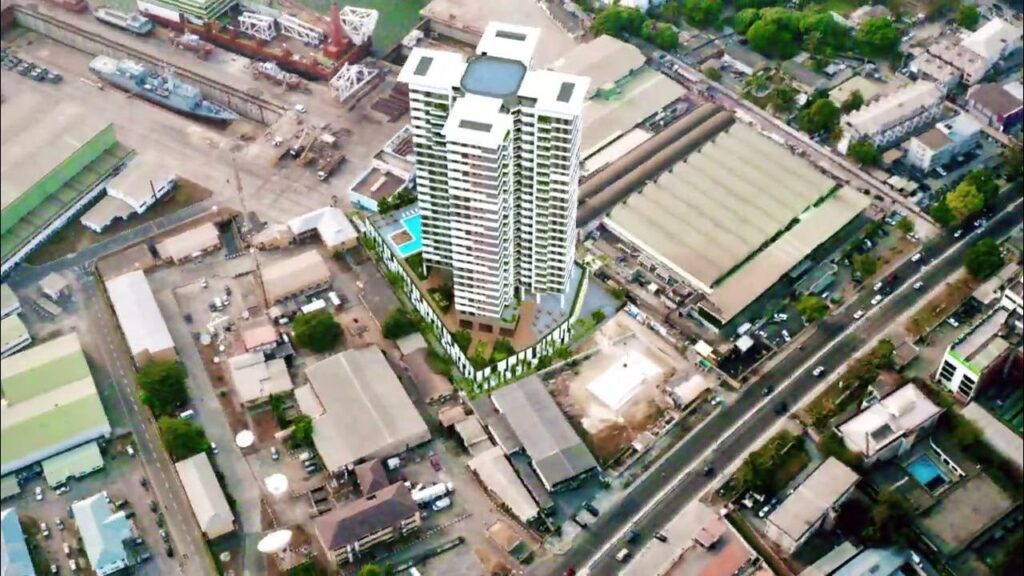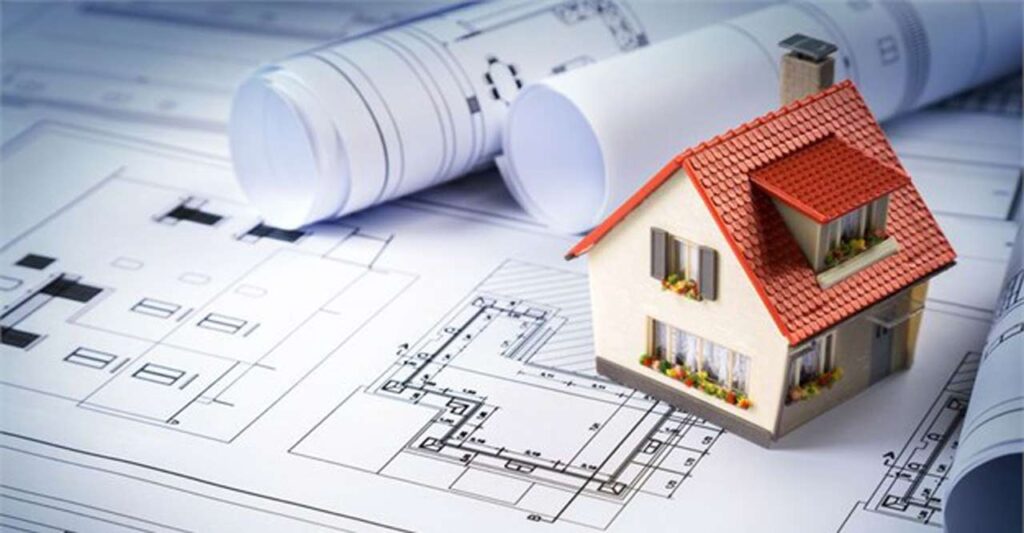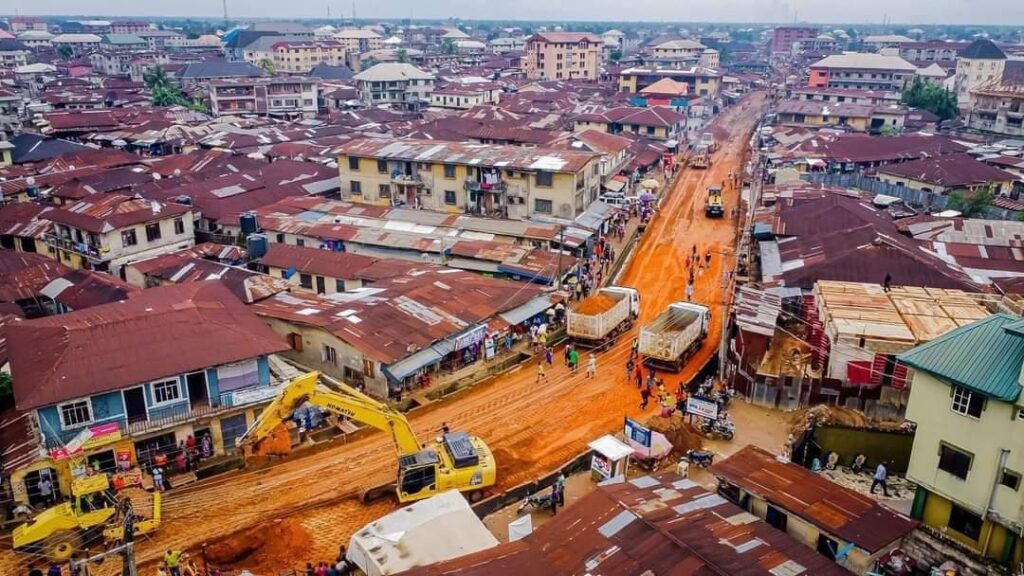
In a renewed effort to bridge the housing gap, the Real Estate Developers Association of Nigeria (REDAN) has begun the profiling of private developers, who will assist in the execution of its 77,400 local council housing projects across the country.
The housing programme tagged: ‘Rural-Urban Housing Initiative (RUHI-774), is an initiative of REDAN aimed at developing 100 housing units in each of the 774 councils of the federation including the Federal Capital Territory (FCT). PAN-African housing development financier, Shelter Afrique is funding for the project.
RUHI-774 targets the low and middle-income earners, especially civil servants, and first-time homebuyers, who may not have access to conventional mortgage finance. The housing units will consist of various typologies, ranging from one-bedroom apartments to four-bedroom blocks of flats and price range will depend on the location and house type.
REDAN President, Dr Aliyu Wamako, told The Guardian that a comprehensive business plan for RUHI-774 has been developed and members loan applications submitted to Shelter Afrique as part of measures to execute the project. He disclosed that the scheme was part of REDAN’s effort to complement government efforts in the provision of housing for Nigerians.
He said: “All the applicants have been profiled and a bank guarantee is about to be issued to Shelter Afrique for them to release the money. We can bring Shelter Afrique to deposit a cheque of about $100 million, which was changed to naira through the Stock Exchange Commission. And based on that, they have a deposit of about N47 billion in Nigeria. It is out of this money they are going to give out to loan REDAN members for the construction of these houses.
REDAN is proposing about N12 to N20 billion to finance the project. The project is designed to be energy-efficient, eco-friendly and smart, with features such as solar panels, rainwater harvesting, and biogas plants. It would also use alternative building technologies and materials that are locally sourced and produced, among others.













